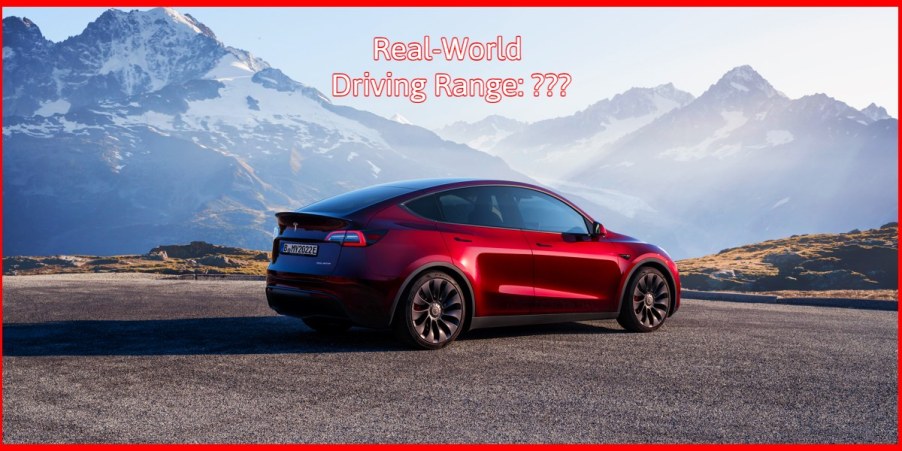
Tesla Needs to Answer 1 Question for the SEC, DOJ, and NHTSA
Tesla, you got some ‘splaining to do. Heavy is the head that holds the crown. Tesla is the leading producer of electric vehicles on the planet. So, naturally, it faces a certain degree of scrutiny from regulatory agencies (as it should). The U.S. Securities and Exchange Commission, Department of Justice, and National Highway Traffic and Safety Administration all have some questions for Tesla. Each has to do with Tesla’s driving range estimates and other claims. Is Tesla intentionally misleading drivers?
How Tesla’s transparency and compliance will shape its future
First, before we get into the meat and potatoes of why regulatory agencies have been probing Tesla, the company has formally stated its willingness to comply with such agencies. Furthermore, Tesla stated that there is currently no evidence of any “wrongdoing” via ongoing investigations. So, why is the most popular producer of electric vehicles being investigated at the height of its industry success?
Range estimates provided by the company aren’t lining up with real-world range tests from reputable sources. If a few owners were grumbling about the driving range of their Tessies, this wouldn’t be a huge issue. The reality is that many organizations and drivers alike are finding distinct and notable differences between Tesla’s range estimates and real-world tests (high double digits in some cases).

Why is this a big deal? If Tesla is advertising that an EV is capable of driving for a set distance and consumers purchase a vehicle based on faulty data, it could be a legal matter. Granted, there’s plenty of gray area since electric vehicles are still in their infancy in terms of mass adoption (at least in the United States).
Part of the problem with any electric vehicle range estimate is that tests are often conducted in temperature-controlled environments with speed limitations. So, the range can vary drastically in extreme temperatures at higher speeds that are more taxing on a vehicle’s battery. This difference in range can be above 50 miles, which should be significant to consumers. Especially those with range anxiety.
Do Tesla’s driving range estimates stand up to scrutiny and impact consumer trust?
Generally, drivers have an overwhelmingly positive response to Tesla EVs like the Model 3 electric sedan and Model Y small SUV. These vehicles have arguably impacted the electric vehicle space more than any of these competitors.
Is there a difference in the estimated and real-world driving range of some Tesla electric vehicles? Sure. That said, it’s to be expected because of the sensitivity of electric vehicle batteries. Companies like Toyota are developing temperature-resistant battery solutions to combat these challenges. The range estimate issue could be industry-wide.
Legacy Big Three automaker Ford Motor Company is lowballing range estimates for some of its EVs, which works to its advantage. So, are trumped-up range estimates enough for Tesla to lose consumer trust? Unlikely. However, Tesla should be aware of the potential long-term legal ramifications of estimates that are notably higher than real-world ranges.
Evaluating the real-world implications of Tesla’s driving range assertions

What does all of this mean if you’re a driver who wants a Tesla? In short, take driving range estimates from Tesla and other automakers with a grain of salt. If you can live with an EV’s driving range being 20-50 miles below assertions in extreme conditions, it may not be time to get an electric vehicle.
We are still in the wild wild west of the EV space. It could be years before automakers can and will accurately produce range estimates that reflect the real-world driving range. If that’s enough to deter you from getting an EV, sticking to an internal combustion engine, hybrid, or plug-in hybrid electric vehicle is a safer bet. If you’re willing to take a chance on an EV, Tesla remains one of the best producers of electric vehicles in 2023.



